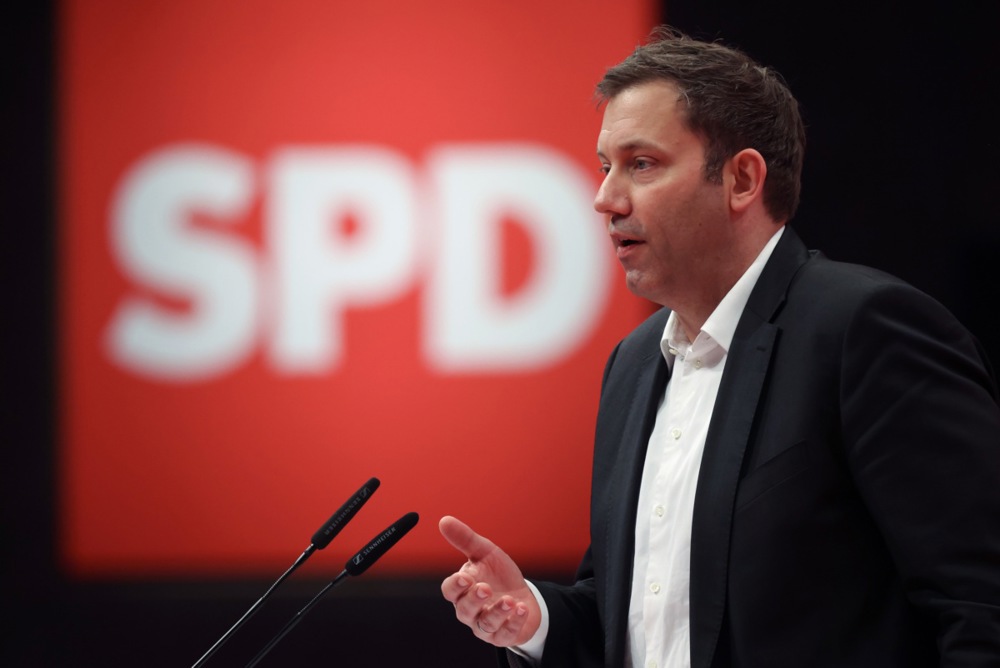The German Government has announced a new border-control crackdown in the country ahead of its next State-level elections.
The new crackdown comes ahead of the vote in Brandenburg, set to take place on September 22.
Interior minister Nancy Faeser — a member of Chancellor Olaf Scholz’s Social Democratic Party (SPD) — declared that the measures will last for six months and are aimed at preventing illegal immigration and the influx of Islamic extremists following a number of terror stabbings in the country.
“We are strengthening internal security and continuing our hard line against irregular migration,” she said.
Faeser added that Germany would also be increasing the number of migrants it rejected outright at its border, without giving details.
Many feel the European Union’s Schengen zone has been undermined by the re-introduction of border controls in a number of countries.
According to the European Commission, Austria, Slovenia, Italy, Norway, Denmark, Sweden and France have additional internal border controls in place.
Many of the countries have used the ongoing migration crisis to justify the move, with Austria characterising the current migration and security situation in the EU as being “extremely unstable”.
Romania and Bulgaria have joined the Schengen common travel area despite ongoing concerns over non-European Union migrants. https://t.co/mGY4DxutBs
— Brussels Signal (@brusselssignal) April 2, 2024
Members of Germany’s Greens — who are in coalition with the SPD and have frequently rejected increased migration controls — put the blame for the measures on the opposition Christian Democrats.
Senior party Bundestag MP Irene Mihalic accused the Christian Democrat leader, Friedrich Merz, of trying to “blackmail” the government into taking additional measures, saying that he had behaved like a “spoiled child”.
Neighbouring Austria lashed out over the suggestion that Germany could force illegal migrants back into its territory, something Vienna insisted it would not tolerate.
“Austria will not accept people who are rejected from Germany. There is no room for manoeuvre,” Austrian Interior Minister Gerhard Karner told the German press.
In Brandenburg, polling suggests that the populist-right Alternative for Germany (AfD) will win the vote, with the SPD expected to come in a distant second.
This follows similar results in Saxony and Thuringia on September 1, with both state polls seeing the AfD win over 30 per cent of the ballot.
After the dismal results in the State elections of Saxony and Thuringia, Social Democratic Party parliamentarians are starting to question German Chancellor Olaf Scholz’s leadership. https://t.co/nUELnP0iJH
— Brussels Signal (@brusselssignal) September 6, 2024





